January 8, 2019 - Comments Off on Digital Rights Foundation launched “Cyber Harassment Helpline: Two Year Report”
Digital Rights Foundation launched “Cyber Harassment Helpline: Two Year Report”
Digital Rights Foundation’s (DRF) Cyber Harassment Helpline marked it’s two year milestone by launching the “Cyber Harassment Helpline: Two Year Report”. Helpline received 2302 complaints from December 1, 2016, till November 30, 2018, with an average of 91 calls each month. 59% of the calls at the Helpline were by women, whereas 41% of the callers were men. The Helpline team also put forward recommendations for victim-centric reform to ensure that online spaces are safe for all.
Launch of report titled "Participants of female politicians in Pakistan's General Election 2018" in Islamabad
DRF held a seminar to launch its report titled “Online Political Participation of Female Politicians in Pakistan’s General Election 2018” on December 7, Friday in Islamabad. The event was organized in partnership with Democracy Reporting International (DRI) and the report has been supported by Heinrich Boll Stiftung Pakistan (HBS). The keynote address was delivered by Senator Sherry Rehman, where she highlighted the need for a terms of engagement with regards to social media and conduct. She also urged political party leaders to lead by example, “party leadership has to lay down the law regarding statements that demean women; degrading other women demeans us all”.
The seminar commenced with an introduction by Javed Malik, Country Representative at Democracy Reporting International (DRI). This was followed by a panel discussion titled “Social media for female political engagement: a tool or a curse?” The panel was moderated by Nighat Dad and the panelists included Senator Faratullah Babar, Senator Quratulain Marri, PMA Sumera Shams, MNA Shandana Gulzar, journalist Amber Shamsi, civil society member Nosheen Khurram from TDEA, activist Usama Khilji from Bolo Bhi and Mavra Bari from HBS. Click here for more details.
Nighat Dad on Hum News and Geo News
Nighat Dad, on Hum News and Geo News, talked about the trends and findings that came through of DRF’s recent report which analyses the use of social media during 2018 General Elections in Pakistan. The report focuses on the online hate and harassment faced by women politicians and issues related to elections in the digital age. Ms. Dad talked about how the experience of women politicians is qualitatively different, where the harassment is gendered and is marked by sexist and abusive comments online.
DRF released ‘Experiences of Online Harassment in Pakistan: Case Studies from the Cyber Harassment Helpline’
DRF released its study documenting the experiences of Pakistani women with online harassment during the 16 days of Activism Campaign. These case studies capture the experience of Pakistani women in digital spaces and puts forward recommendations based on these lived experiences. These cases highlight the seriousness of online violence against women and the challenges women face in these spaces. Click here to download the report.
Talk on privacy and global responses at the Lahore University of Management Sciences (LUMS)
Shmyla Khan delivered a talk at the annual LUMS Model United Nations (LUMUN) Conference on December 31. The talk was regardings the right to privacy in the digital age and the implications that can have for international law and regulatory authorities. Students from across Pakistan participated in the event.
DRF continued it’s #16Days of Activism Campaign
DRF continued it’s 16 Days of Activism campaign in December which focused on the theme of gender based violence at the workplace this year. During the campaign, which started on 25th November, DRF collaborated with the Network of Women Journalists for Digital Rights who shared their experiences and challenges from the field of journalism. Moreover, a study documenting the experiences of Pakistani women with online harassment was released during the 16 days Campaign. Blogs and video testimonials were also shared of journalists to highlight the importance of taking measures to tackle violence against women in all fields.
Policy dialogue for protecting the democratic space for women
On account of 16 Days of Activism Campaign, Department for International Development (DFID) and DRF held a policy dialogue on protecting the democratic space for women. Emphasis was laid on the how should the private sector, government and civil society best support the securing of safe digital spaces for women and girls in Pakistan through regulation, data and advocacy.
Session in Abdul Wali Khan University, Mardan on Peace Building and Cyber Security Measures
Digital Rights Foundation in collaboration with Shaoor Foundation spoke at the Abdul Wali Khan University, Mardan on cyber security and data protection on 10th December 2018. An interactive session took place with students around ethical practices online and the implications of the online world on one's offline life. The session also focused on how internet at times could be used as a radicalization tool by terrorist groups and how it is important to maintain healthy practices online.
Session in Bacha Khan University, Charsadda on Peace Building and Cyber Security Measures
Digital Rights Foundation in collaboration with Shaoor Foundation spoke at the Bacha Khan University, Charsadda on cyber security and data protection on 11th December 2018. A much needed debate around safer use of the internet took place with the students. The conversation also focused on how the internet should be used responsibly and how some groups use it for radicalization purposes which needs to be put to an end.
DRF at the Women Judges Summit
Nighat Dad, the Executive Director of DRF, spoke at the Women Judges Summit on December 22, on cyber security and what the judiciary can do to promote a culture of online safety. The event, which was held from December 21 to 23 was hosted by the U.S. Department of Justice and the purpose was to bring together women judges from across the country, to discuss, among other things, barriers to access to the justice sector and barriers to advancement within the legal profession. The judges also shared their experiences from their respective provinces and formulated possible solutions to counter bias and other impediments to the justice system, while building bridges between the senior and junior judicial leadership.
Amongst the many other points raised by her, Ms. Dad stressed upon the importance of the members of the judiciary keeping themselves abreast of the technological advances, reminding them that every case related to the cyber was unique in its own way and called for judicial education to include a section on cyber crime, given its relevance in this day and age.
DRF at Child Protection Awareness Campaign
Nighat Dad spoke at the closing ceremony of British Council’s Child Protection Awareness Campaign held on 18th December. She talked about how children can protect themselves online and how parents can make sure their children use the internet safely. The event was organized to educate school teachers and coordinators on child neglect and child abuse so as to reduce the impact of abuse on present and future generations. The closing ceremony acknowledged the role of principals and teachers to empower children in their own protection and also to promote school based child protection mechanism to prevent and respond to child abuse. The ceremony began with a keynote address by the Country Director British Council, Rosemary Hilhorst. Other speakers from civic organisations also gave more insights on child protection policies and practices.
Workshop on Ethical Journalism and Digital Rights for Journalists, Karachi
On 21st December 2018, DRF conducted a workshop for journalists in Karachi on ethical journalism and digital rights. The workshop consisted of an awareness raising session on digital rights and the legal landscape that governs digital platforms for freedom of media and journalists. This was followed by a discussion on whether the existing media ethics are suitable for the evolving digital media landscape or new and different standards are needed. The deliberations also focused on actions needed to tackle the spread of fake news and disinformation online. This was found particularly important by the participants as digital misinformation is extremely potent in Pakistan, owing to a large segment of the population lacking digital literacy and being vulnerable to all kinds of online and digital propaganda. The participants were also given hands-on training and specifically designed toolkits to guide them on how they can make online spaces safe for themselves.
Workshop on ethical journalism and online safety with Digital Broadcast TV, Islamabad
On 26th and 27th December 2018, DRF conducted a two-day workshop with the staff of DBTV in Islamabad. The workshop was part of DRF’s initiative of conducting online safety trainings with media houses considering the increasing importance of cyber security, particularly for media organisations, whose most valuable assets are their content. Two interactive sessions were conducted on ethical journalism and fake news in the digital era, which the participants found quite useful. Effective tools and protocols for online safety were also discussed to safeguard the highly sensitive information of media houses and how to maintain its privacy.
DRF at Indus News discussing social media in 2018
On December 25, Jannat Fazal discussed the ongoing social media trends that have been observed in the year 2018. One of the major trends noticed was the increase in scam calls that lead to online harassment. An example of such scams is WhatsApp hacks which have exponentially increased specifically in the past three months. One of the major pitfalls in these scams is language barriers and gullibility of the user that traps them in this uncanny fraud.
DRF at GEO News discussing the Impact of Social Media
On December 31, 2018, Jannat Fazal spoke on the potential impact of social media on children and how it affects their mental health. She talked about how excessive use of social media leads to mental illnesses but no cause and effect relationship has been identified through research. Mental illnesses have different determinants, social media can be one of them but there is not enough research to posit it as a cause.
Members of Network of Women Journalists for Digital Rights continued to pen articles and blogs
Members of DRF's Network of Women Journalists for Digital Rights continued to share articles and blogs on digital rights issues which can be found on the Hamara Internet website here. The Network advocates for women and other minority groups to have safe access to online platforms, where they can exercise their constitutional right of free speech without facing constant threats. The Network members pen articles to document these threats, bring forward issues in the implementation of legislation to prevent and protect women journalists from gender-based discrimination and sexual harassment both online and offline, and also advocate their access to effective remedies.
Published by: Digital Rights Foundation in Uncategorized

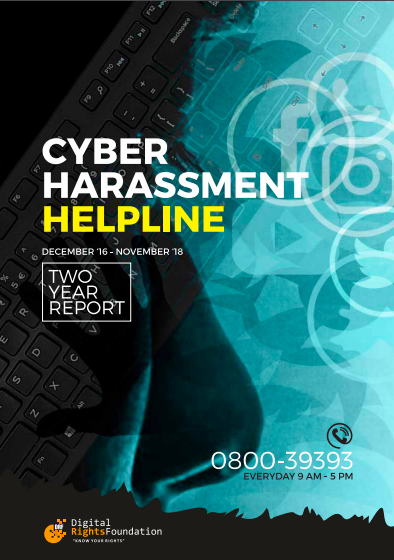
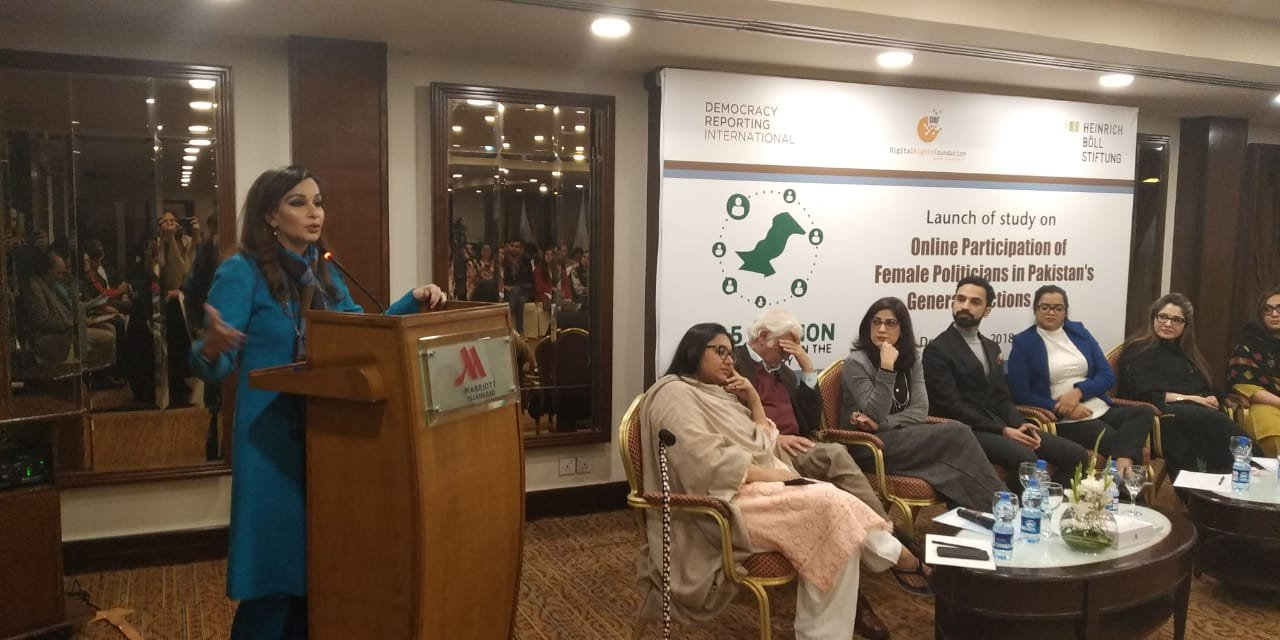
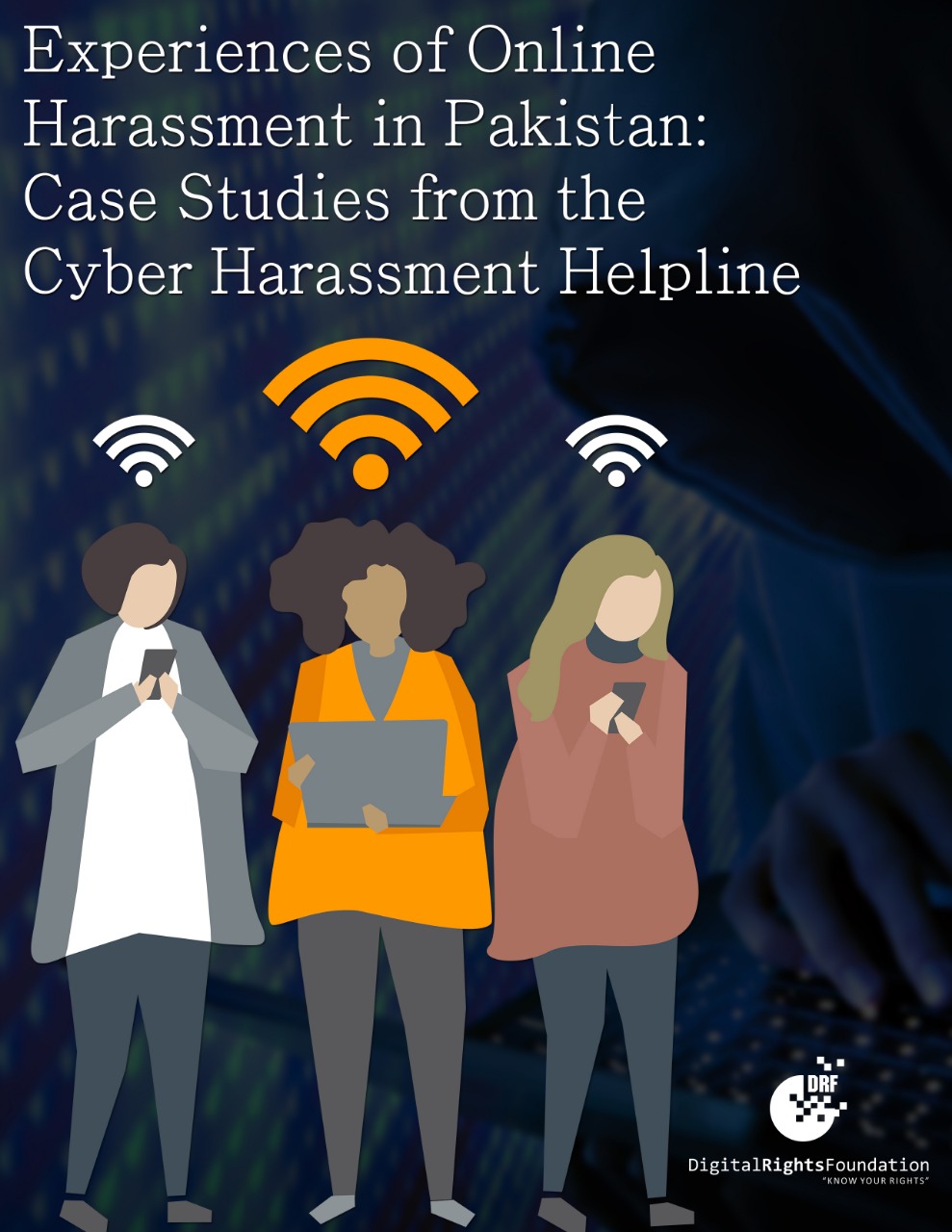
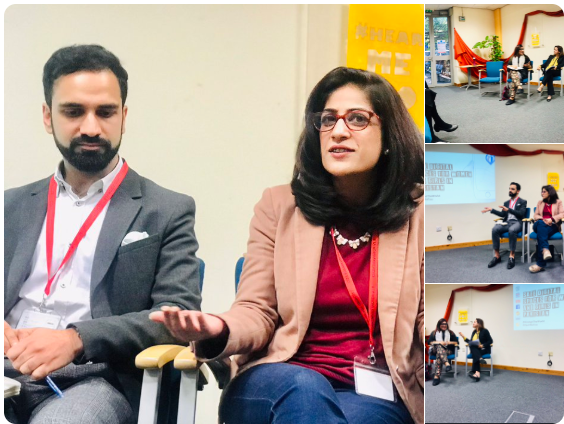

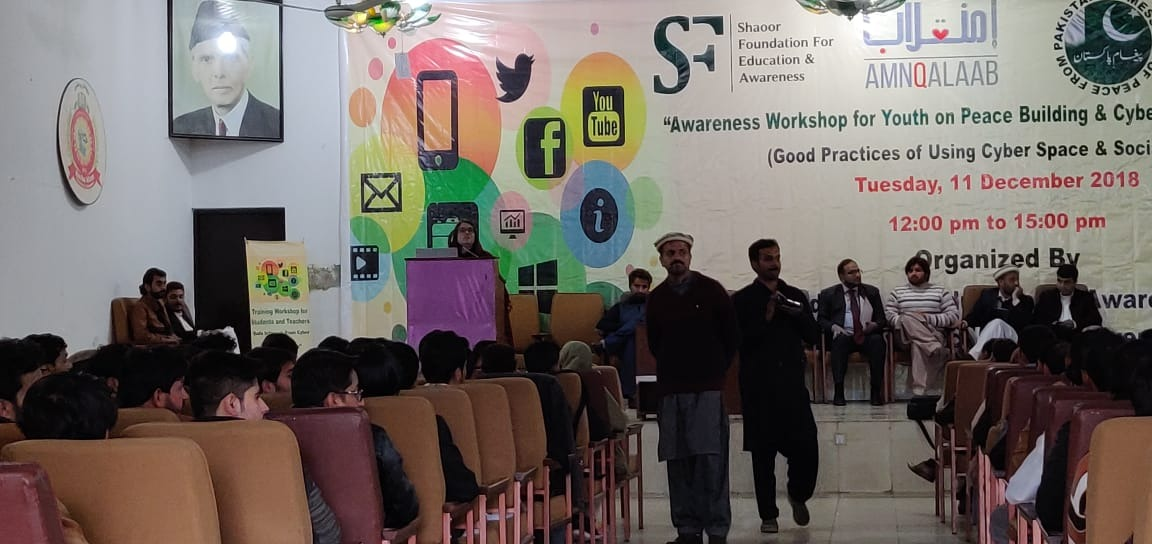
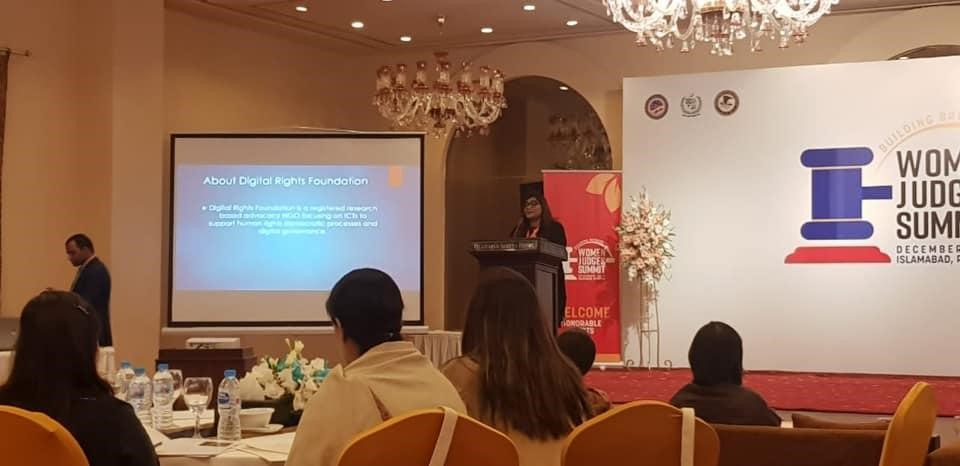

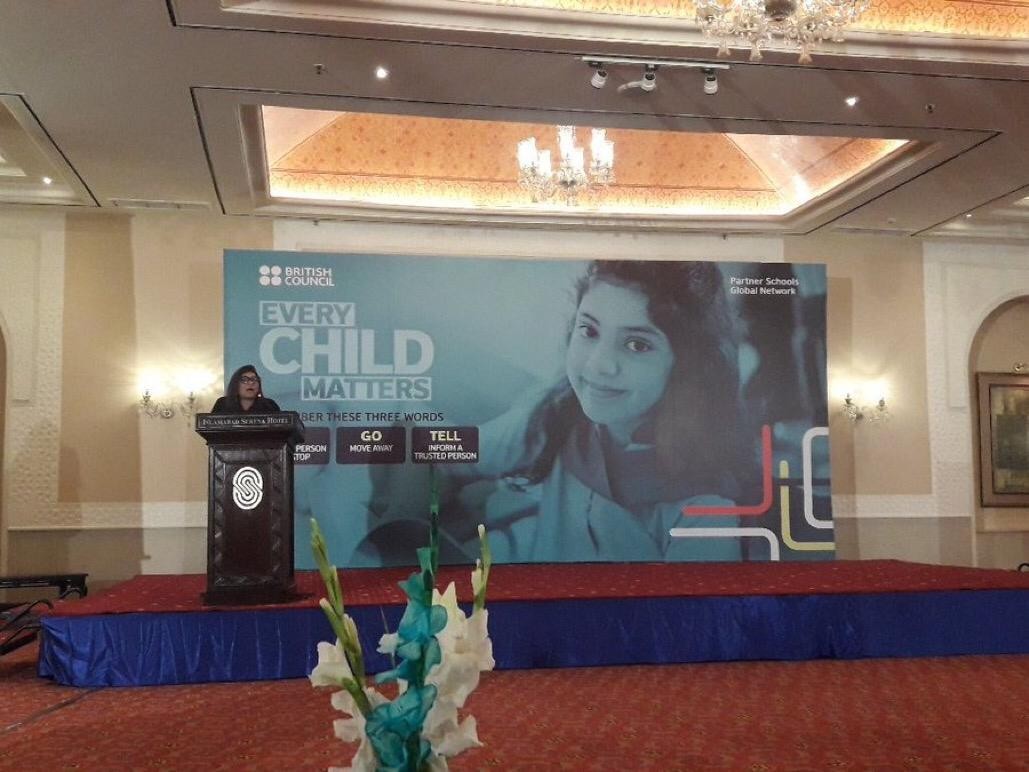
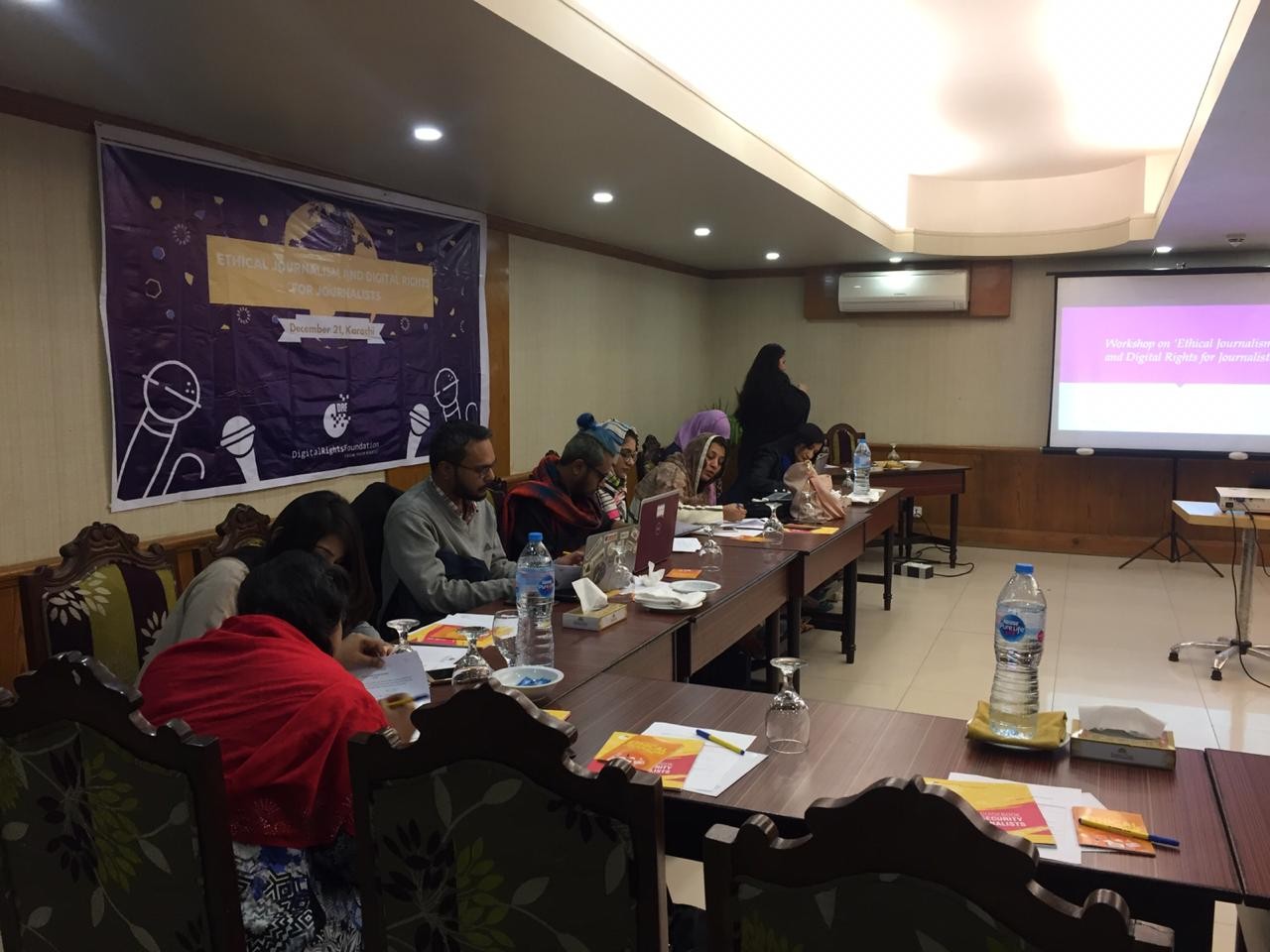
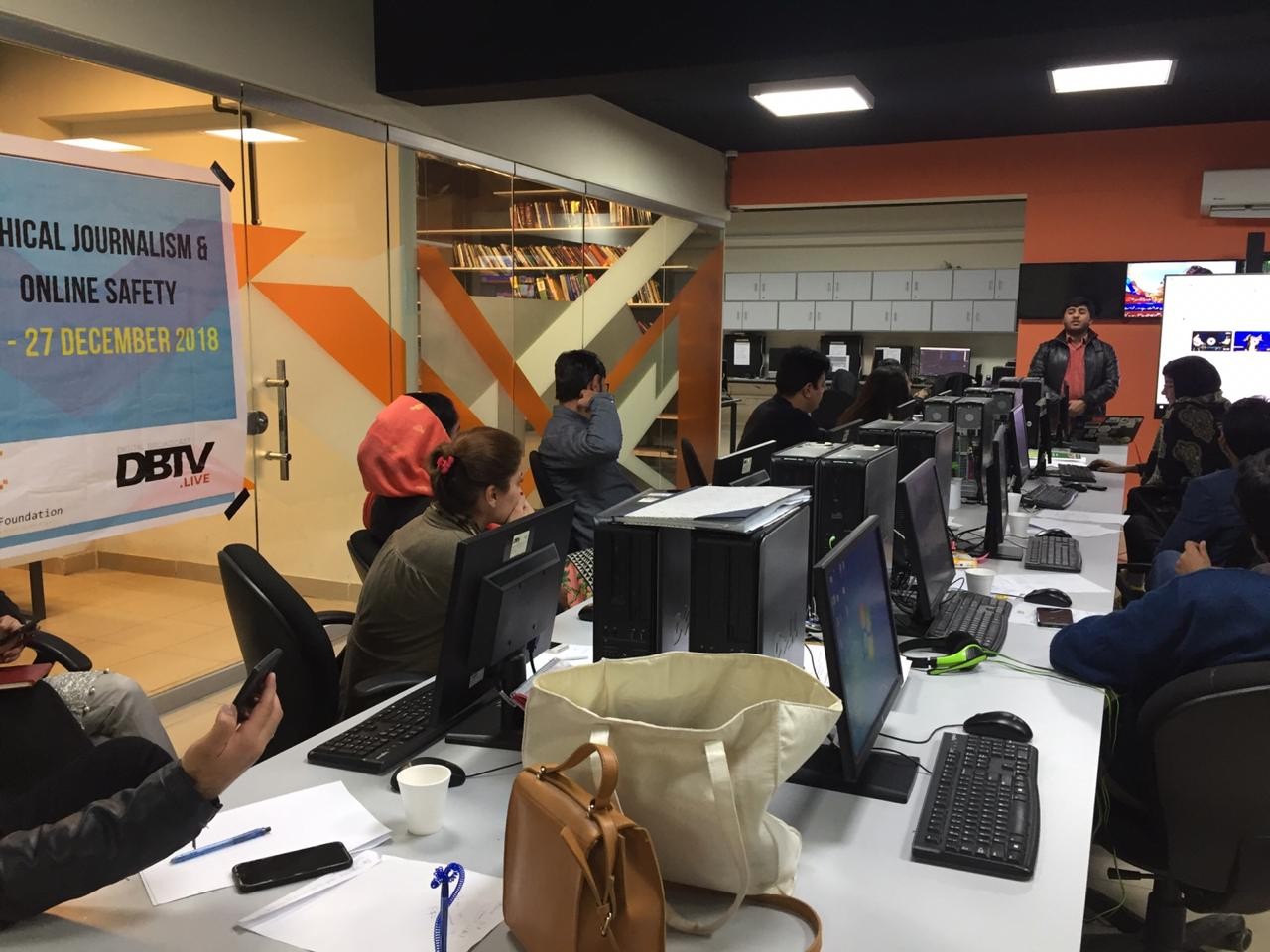
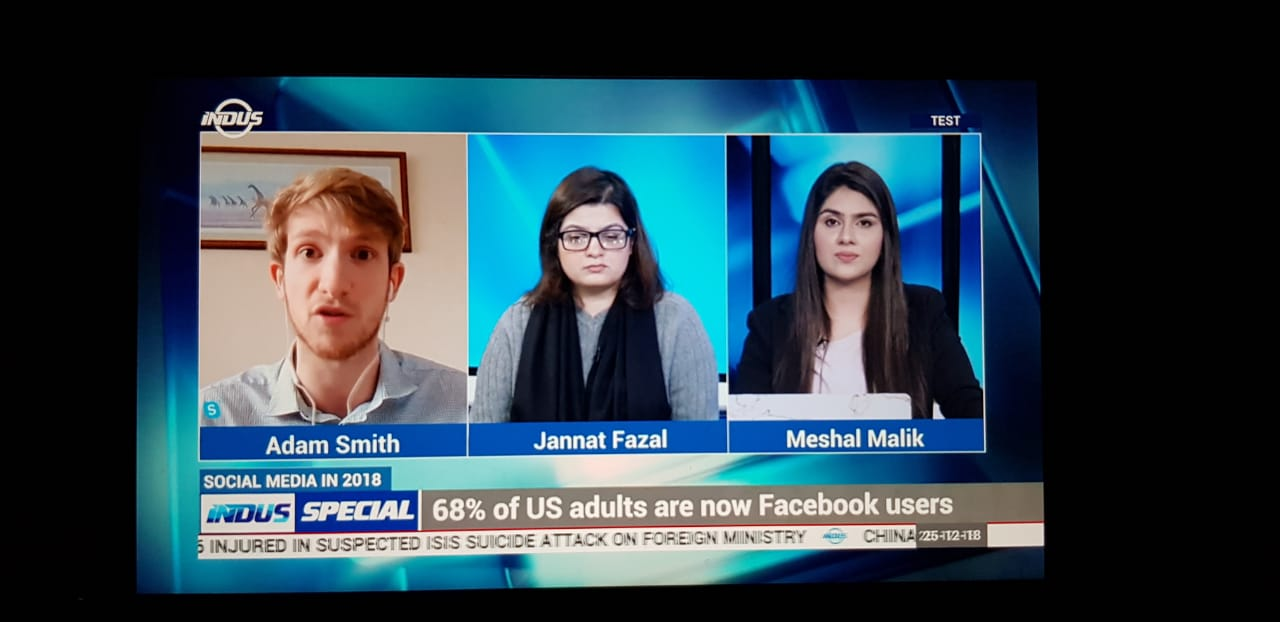

Comments are closed.